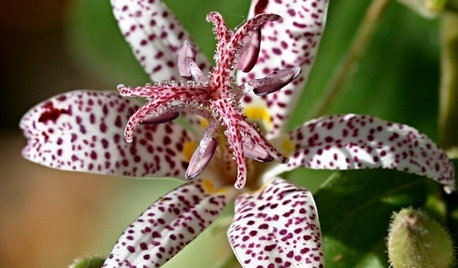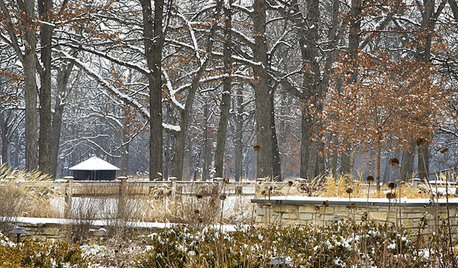Plant Quarantine?
brandon7 TN_zone7
15 years ago
Related Stories

FOLIAGEGreat Design Plant: Ornamental Sweet Potato Vine
Versatile, fast growing, inexpensive and easy on the eyes, ornamental sweet potato vine has it all
Full Story
LANDSCAPE DESIGNErosion Control for Your Seaside Garden
Learn how to protect the soil and plants on your shoreline for a beach landscape that lasts
Full Story
SUMMER GARDENING10 Perennials to Extend Your Garden's Summer Color
Revive summer-weary gardens with outstanding late bloomers such as toad lily, Russian sage, blanket flower and more
Full Story
HOUSEPLANTSIndoor Winter Gardens for Cheerier Days
Bring plants inside for drab-days mood boosting — not to mention cleaner indoor air and protection for your greenery
Full Story
HOUSEPLANTSSimple Pleasures: Grow a Cheery Indoor Garden
Let houseplants work their magic on your rooms and you. These ideas will get you growing
Full Story
GARDENING GUIDESSpring Citrus Care Reaps Months of Sweet Rewards
Learn how to tend citrus trees in spring and ways to preserve their delicious fruit
Full Story
REGIONAL GARDEN GUIDESMid-Atlantic Gardener's December Checklist
Let winter's slower pace set a relaxing rhythm — allowing your garden to rest now can be good for both of you
Full Story
FARM YOUR YARDHello, Honey: Beekeeping Anywhere for Fun, Food and Good Deeds
We need pollinators, and they increasingly need us too. Here, why and how to be a bee friend
Full Story





conniemcghee
thedaylilykid
Related Professionals
Panama City Landscape Architects & Landscape Designers · Vernon Hills Landscape Architects & Landscape Designers · Bethel Park Landscape Contractors · Eureka Landscape Contractors · Fort Payne Landscape Contractors · Inglewood Landscape Contractors · Pine Hills Landscape Contractors · San Pedro Landscape Contractors · Southbury Landscape Contractors · Streamwood Landscape Contractors · Golden Valley Landscape Contractors · Woodstock Roofing & Gutters · Ahwatukee Roofing & Gutters · Chicago Ridge Roofing & Gutters · Hinsdale Roofing & Gutterscannahavana
tngreenthumb
cannahavana
brandon7 TN_zone7Original Author
anntn6b
brandon7 TN_zone7Original Author
anntn6b